$50 Mn
Market Size
7-10%
CAGR
$70-80 Mn
Forecast
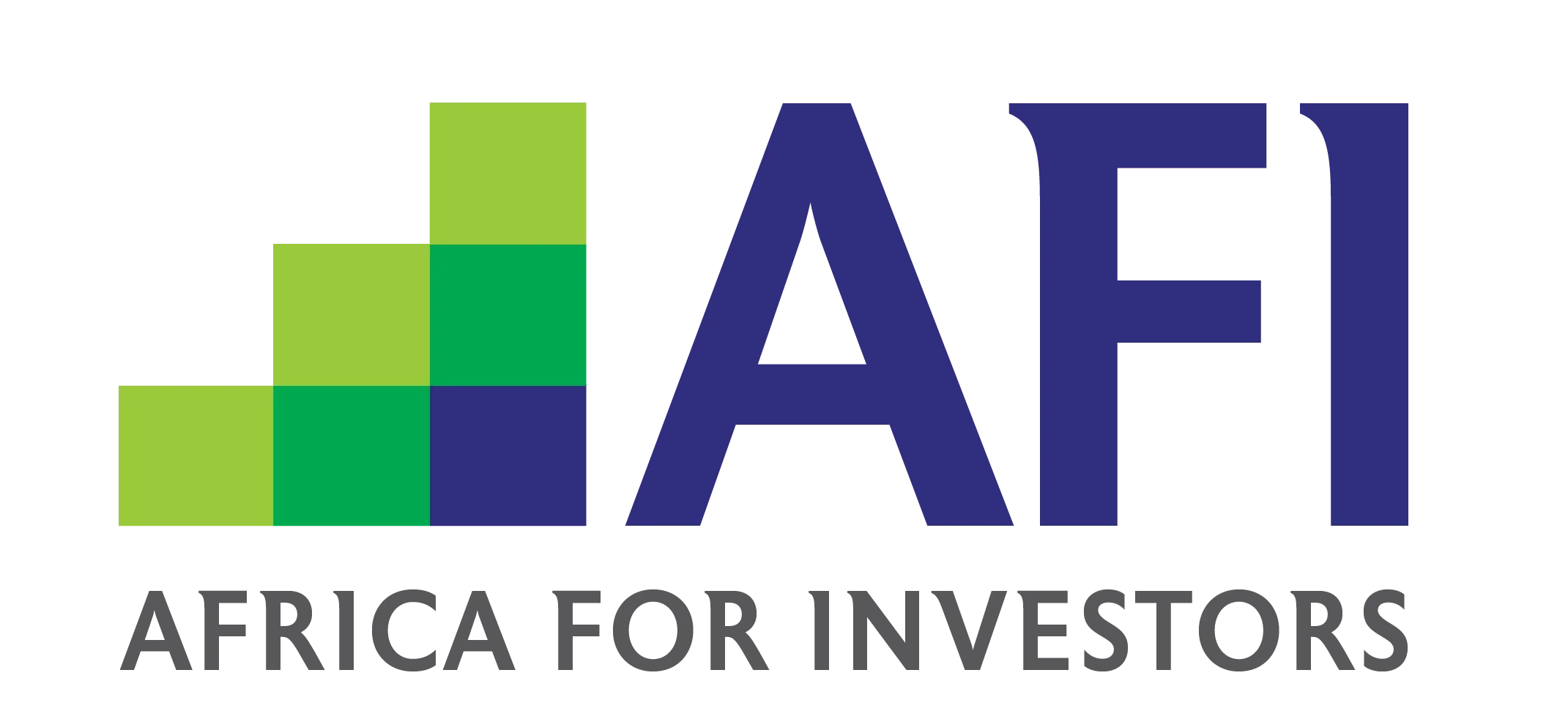
*Note: Name, Email and Phone Number are mandatory.

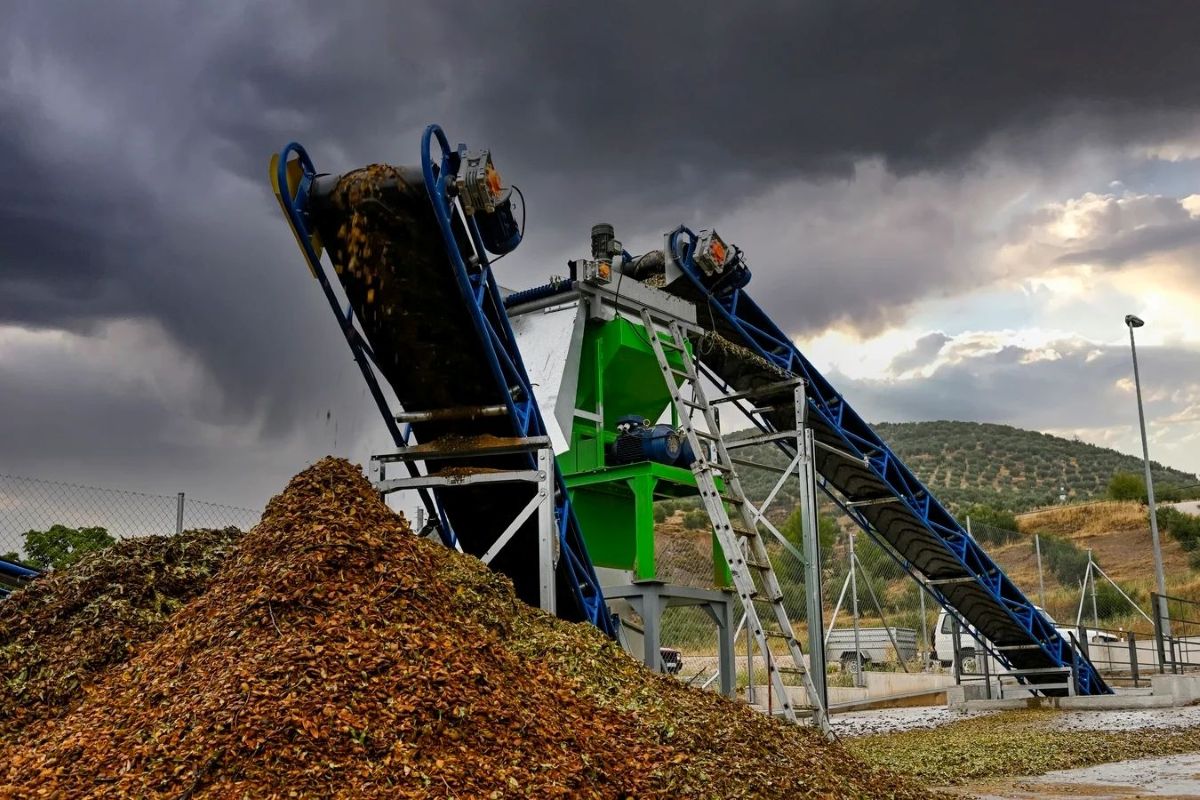
The GSEZ is fast emerging as a vital hub for the waste recycling sector, driven by a pressing need for sustainable waste management solutions. With a recycling rate of less than 10% for the 1.5 million tons of solid waste generated annually, there is a significant opportunity for innovative recycling initiatives.
The GSEZ is fast emerging as a vital hub for the waste recycling sector, driven by a pressing need for sustainable waste management solutions. With a recycling rate of less than 10% for the 1.5 million tons of solid waste generated annually, there is a significant opportunity for innovative recycling initiatives.
$50 Mn
Market Size
7-10%
CAGR
$70-80 Mn
Forecast
As the world increasingly prioritizes sustainability, the GSEZ stands out as a promising frontier for the waste recycling sector. With Gabon generating approximately 1.2 million tons of solid waste annually and a recycling rate below 10%, the potential for innovative recycling initiatives is immense. By tapping into this underdeveloped market, investors can not only drive economic growth but also contribute to significant environmental benefits.
The GSEZ provides an attractive framework for recycling investments, including tax exemptions for up to 10 years and streamlined regulations for importing recycling technologies. The government is also committed to enhancing waste management systems, which will further boost the sector’s viability. With increasing global demand for recycled materials, GSEZ is well-positioned to become a leader in waste recycling, offering investors a unique opportunity to be part of a sustainable future while capitalizing on a rapidly expanding market.
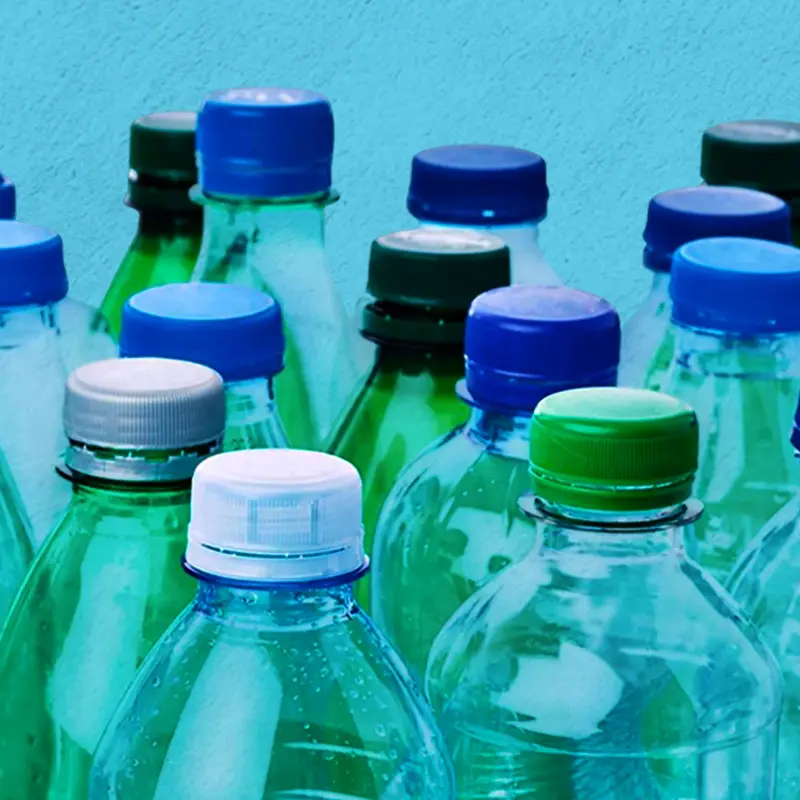
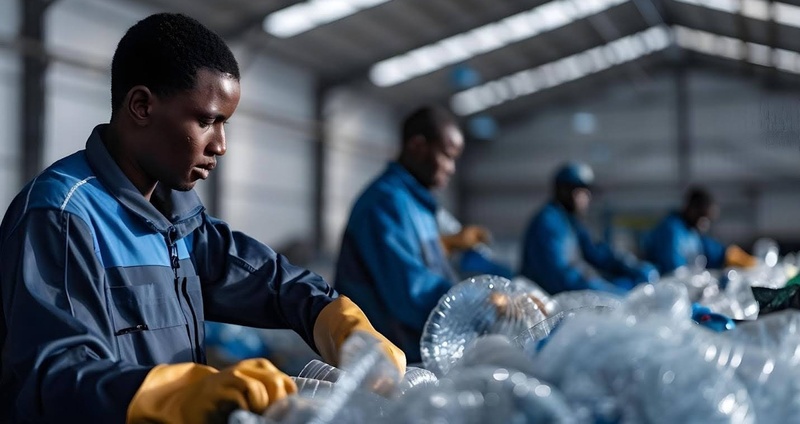
May 28, 2025
Rethinking Plastic: Why Africa Could Be the World's Smartest Bet in Recycling
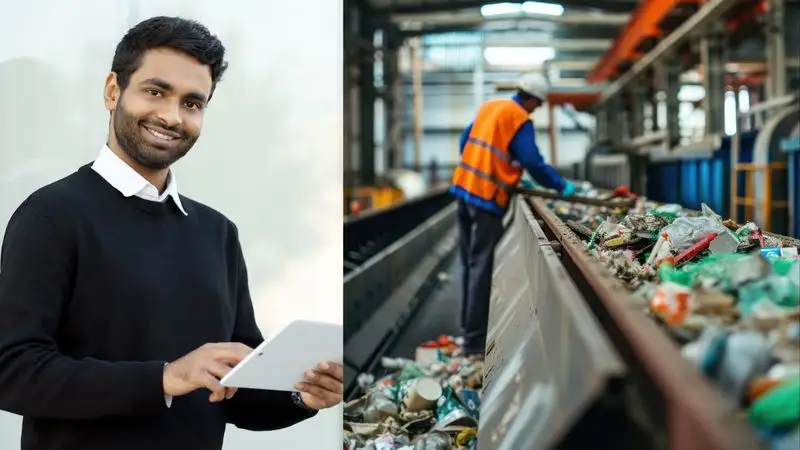
Jan. 23, 2025
Why Indian Investors Should Explore Waste Recycling Investment in Africa’s Booming Market?
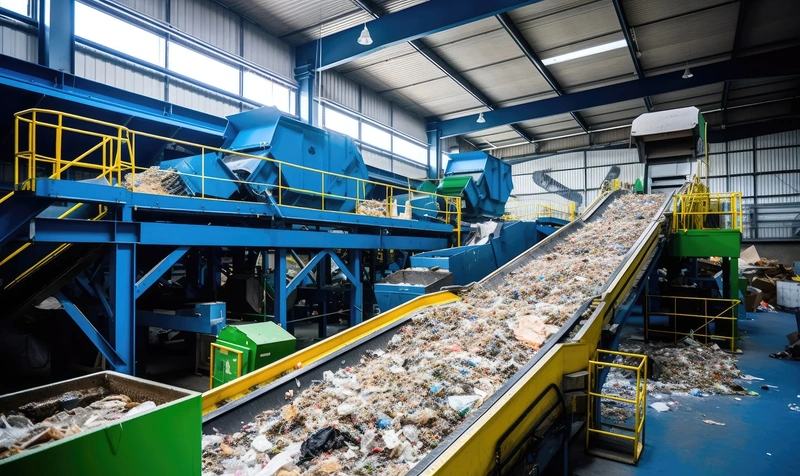
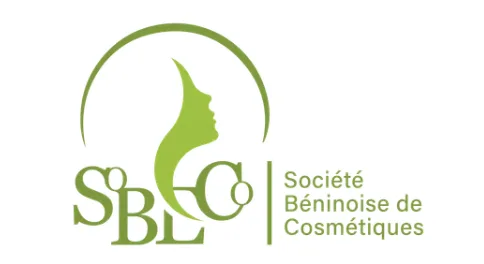
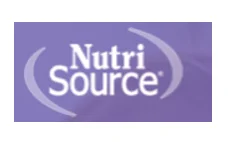

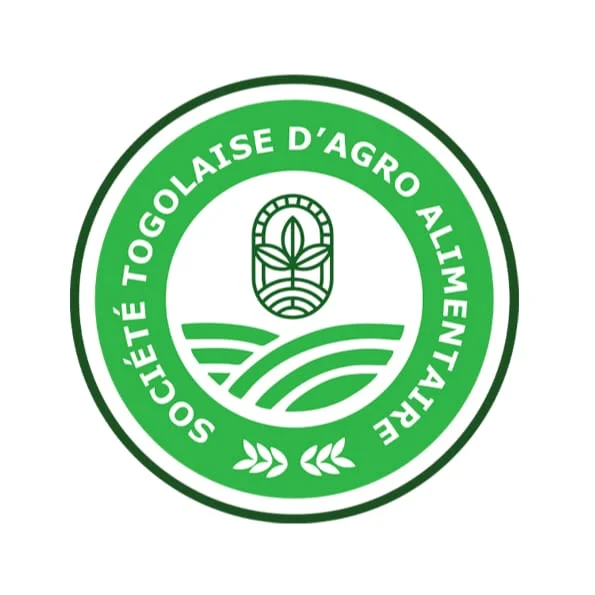


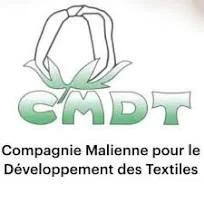
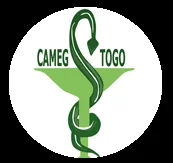
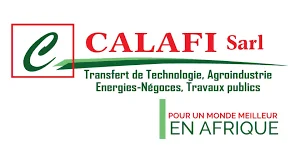
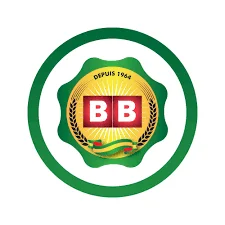

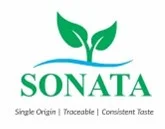
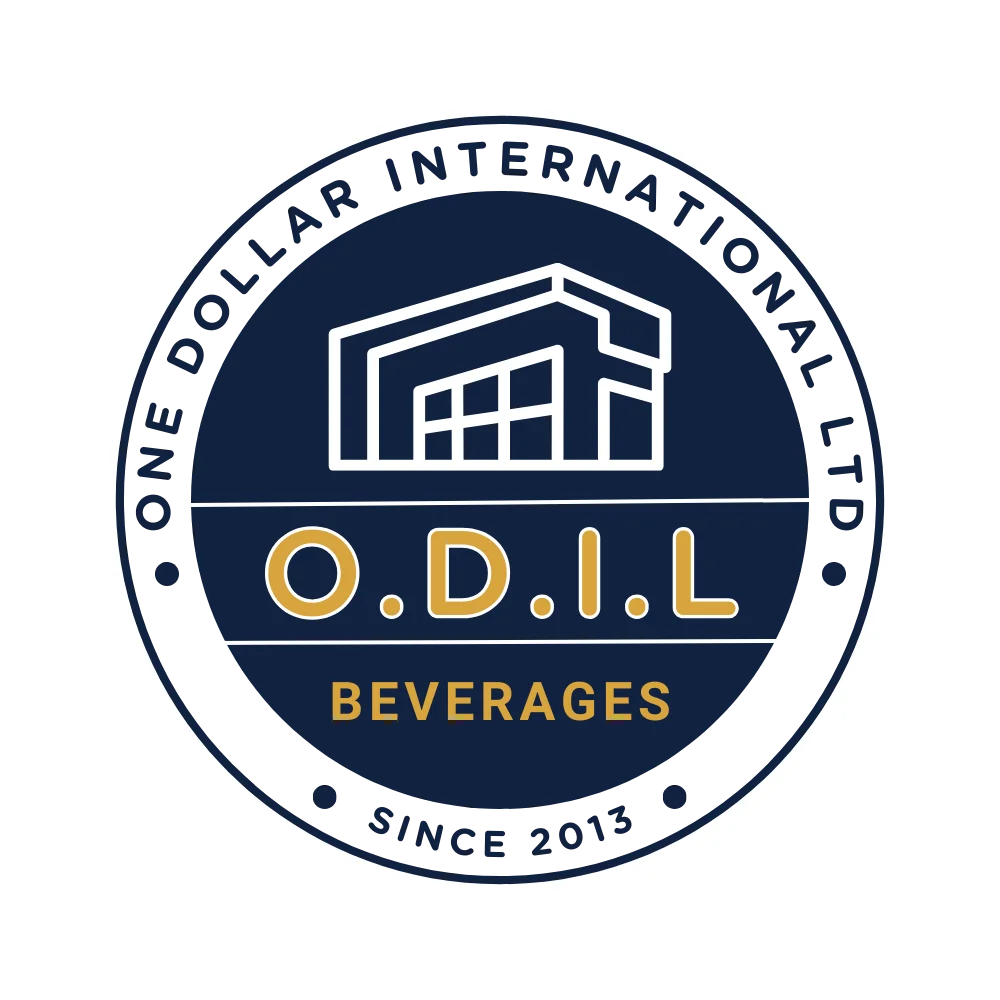
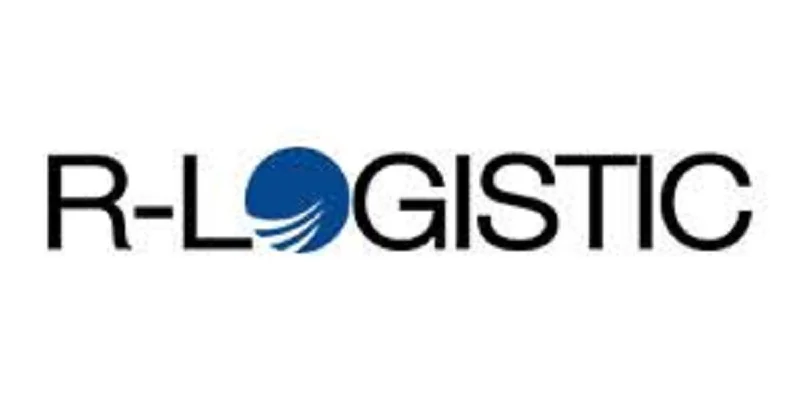

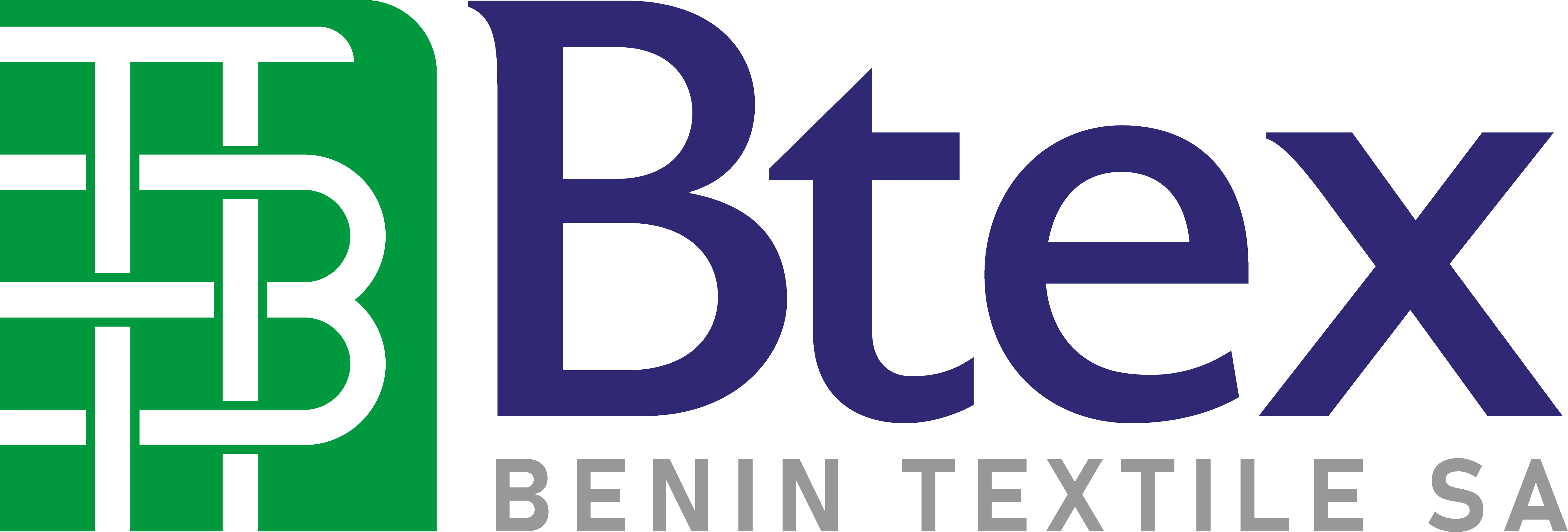
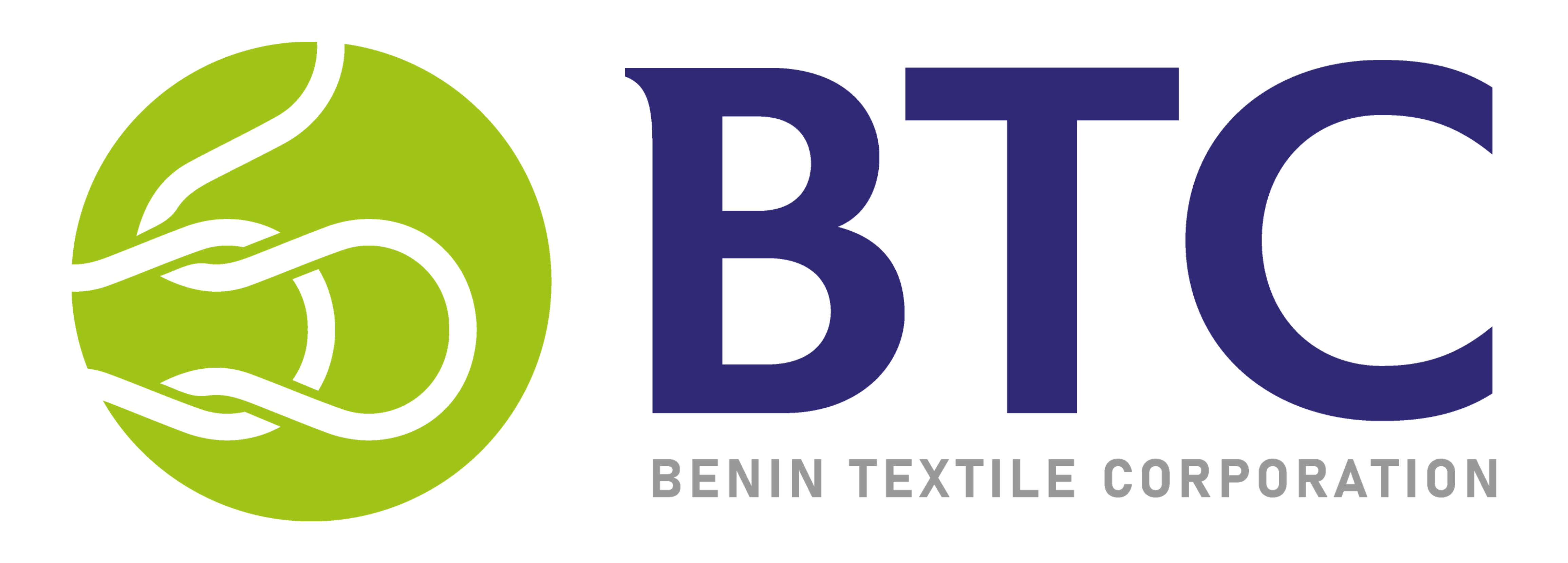

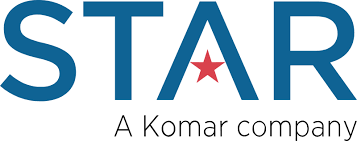
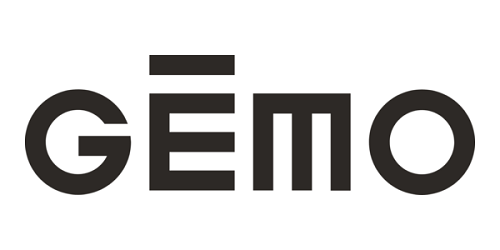

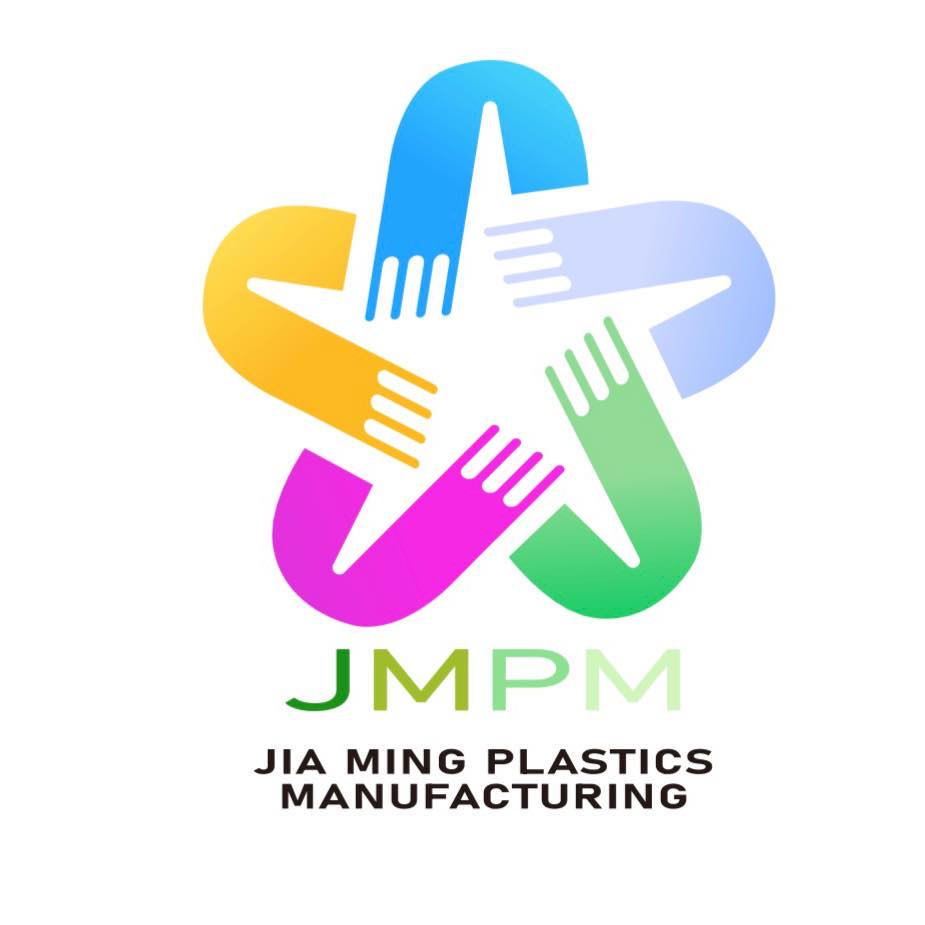
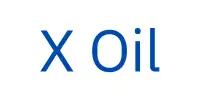

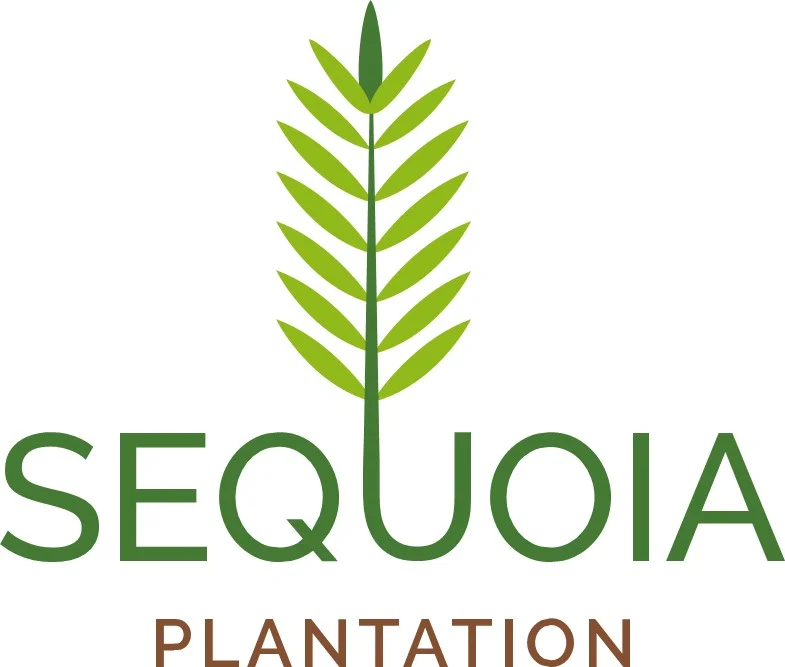
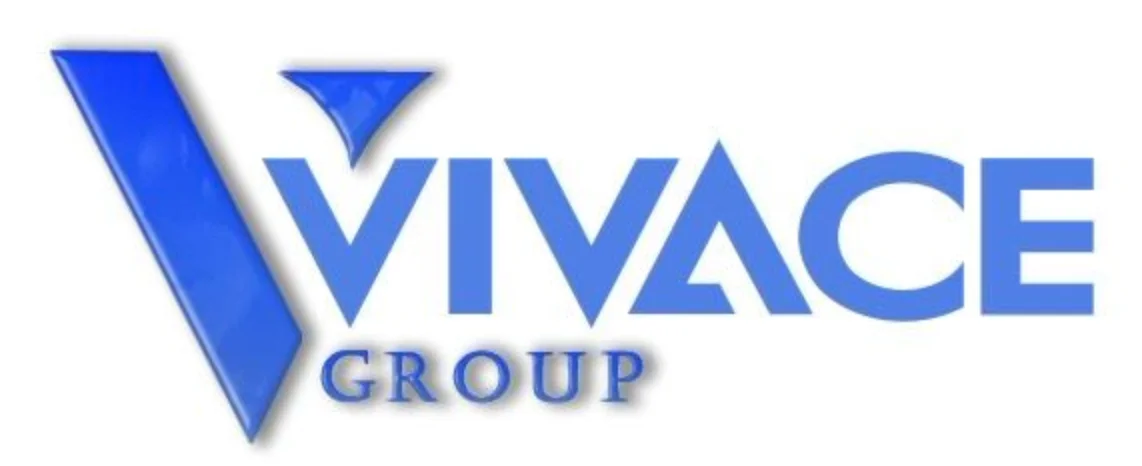
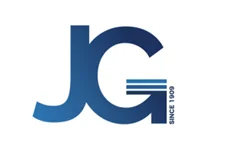
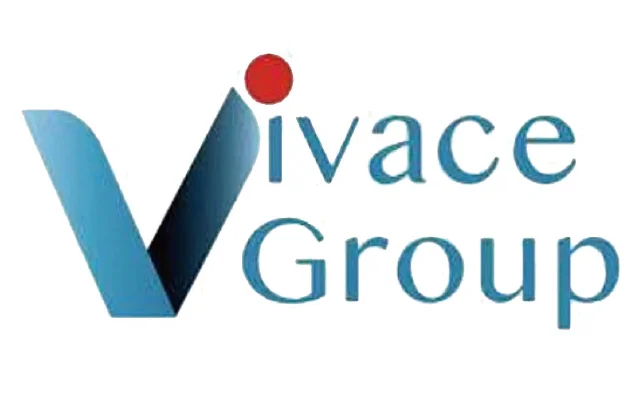

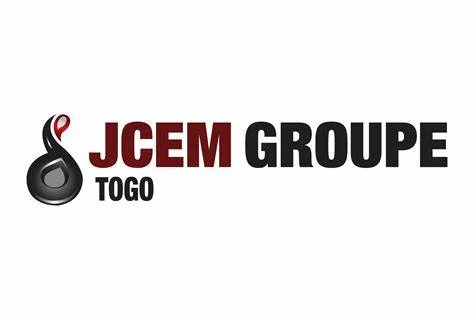
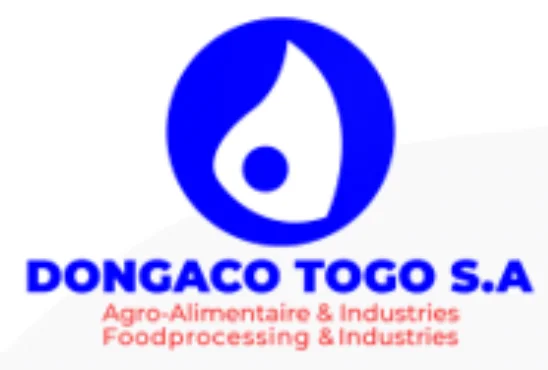


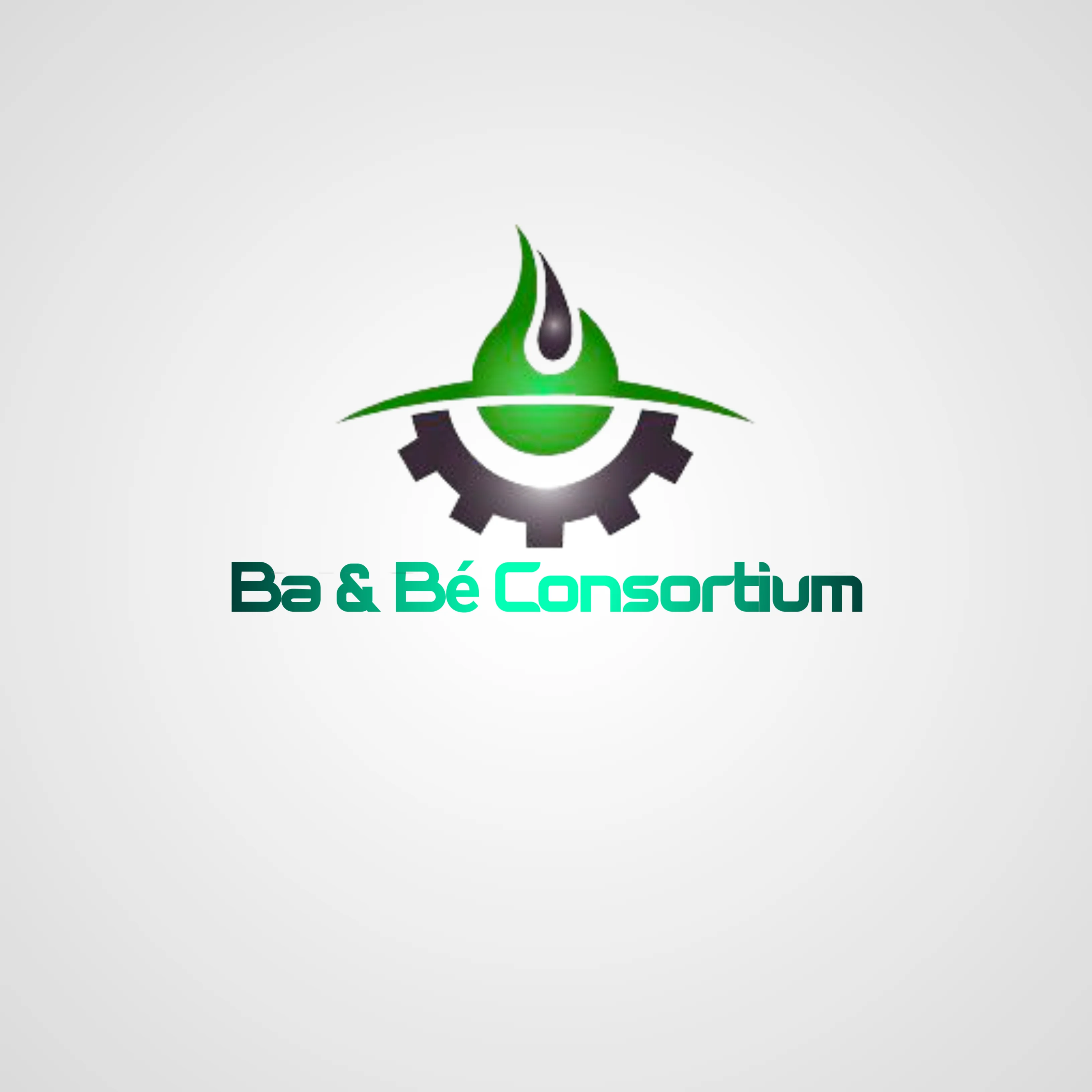






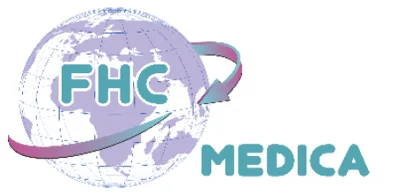



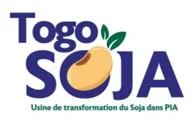
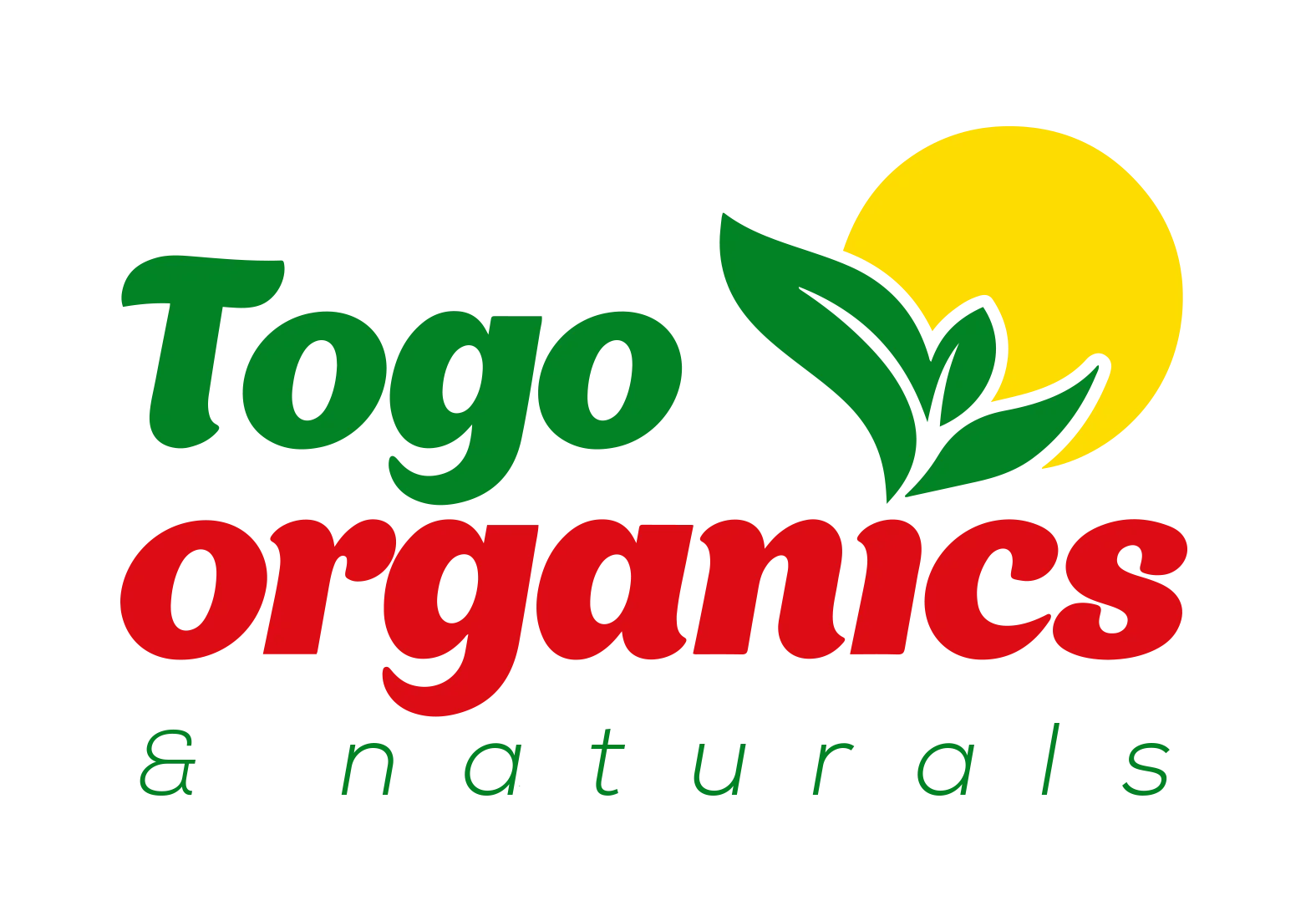
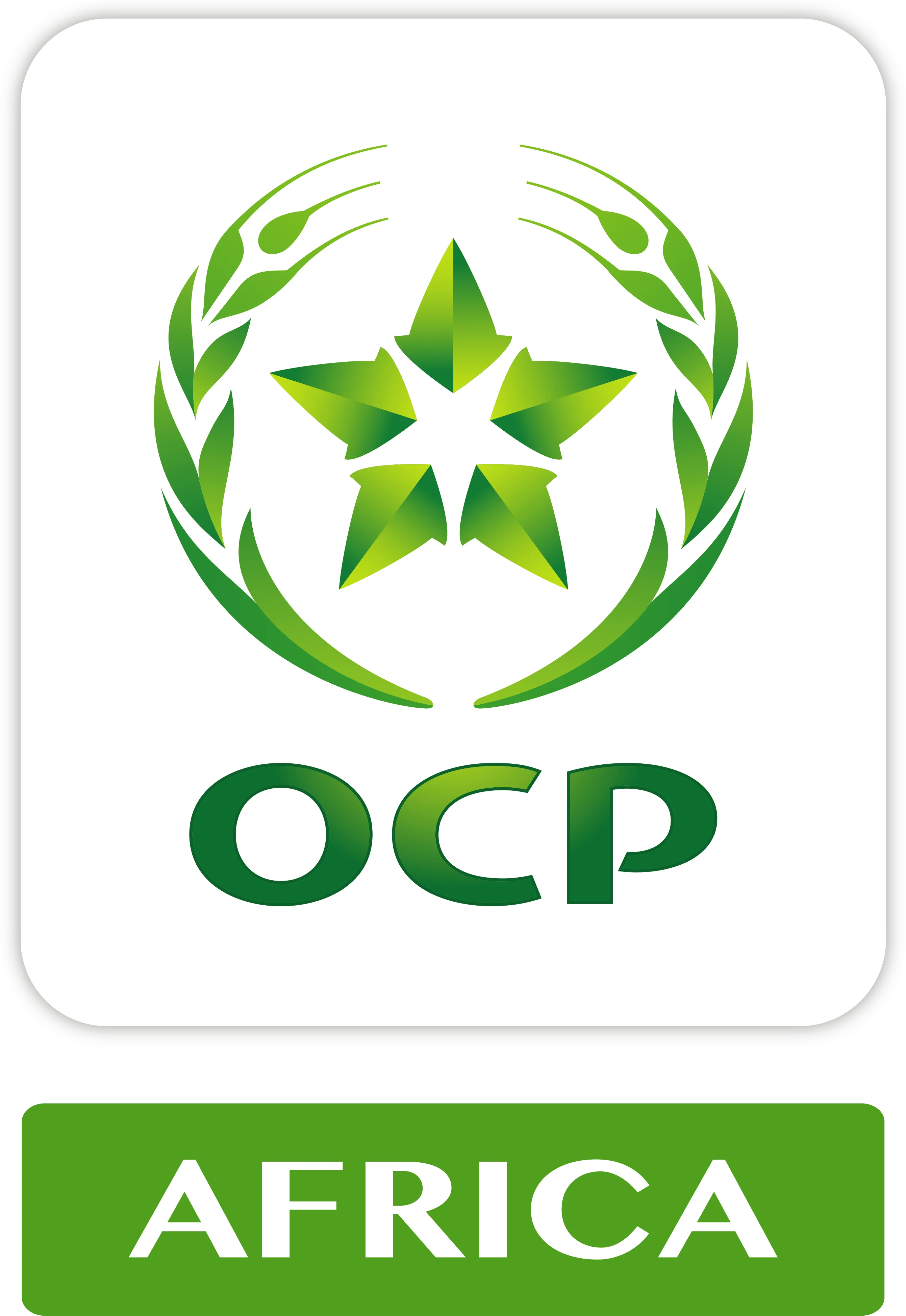
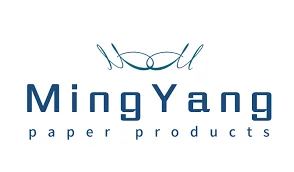

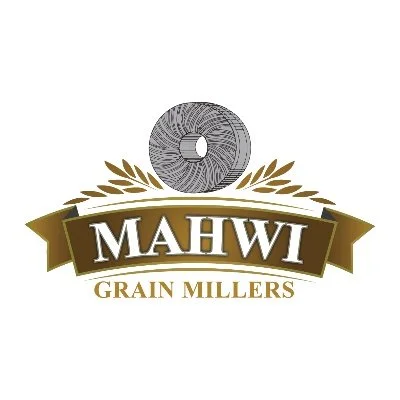

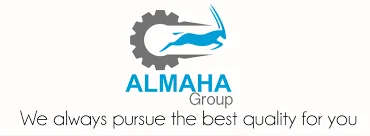



What is the current status of waste recycling in Gabon?
Gabon generates approximately 1.5 million tons of solid waste annually, with a recycling rate below 10%. This presents a significant opportunity for investment in recycling facilities and technologies.
What types of waste can be recycled in GSEZ?
GSEZ allows for the recycling of various waste types, including plastics, metals, paper, electronic waste, and organic materials, providing a diverse range of investment opportunities.
Are there specific environmental assessments required for recycling projects?
Yes, an Environmental Impact Assessment (EIA) is typically required to evaluate the potential impacts of recycling projects on local ecosystems and communities.
What regulations govern waste recycling operations in GSEZ?
The waste recycling sector is governed by environmental regulations that outline waste management practices, recycling standards, and the licensing requirements for recycling facilities.
What are the operational costs associated with setting up a recycling facility?
Costs may include equipment procurement, facility construction, labor, and ongoing operational expenses. However, government incentives can help offset initial investments.
What infrastructure exists to support recycling operations in GSEZ?
GSEZ offers modern facilities and access to transportation networks, including roads and ports, which facilitate efficient logistics for waste collection and material distribution.
How does global demand for recycled materials affect the investment landscape?
Increasing global demand for recycled materials—especially in industries like construction and packaging—creates lucrative opportunities for investors in GSEZ' recycling sector.
What challenges do recycling companies face in GSEZ?
Challenges may include limited public awareness of recycling, inconsistent waste collection systems, and the need for technological upgrades in recycling processes.
Compare
Dear investor, please compare similar category items- either Locations or Opportunities.
*Already subscribed.
*Enter your name/email.

Sign up for exclusive investment alerts.
Already subscribed? Skip
Thank You For Subscribing to
Africa For Investors.

You will be redirected to AFI’s Linkedin Profile in 10 seconds.
Stay On AFI Website